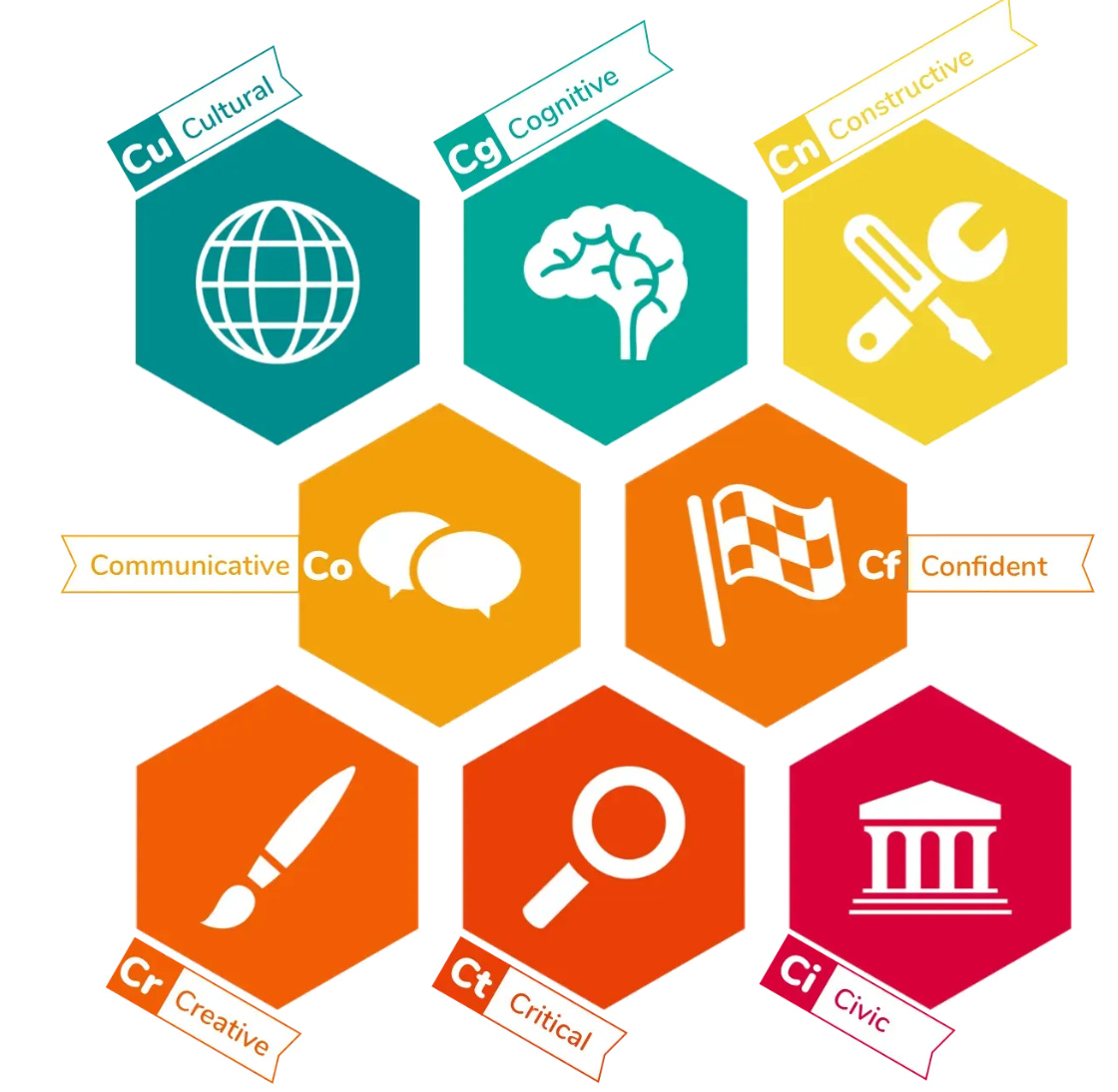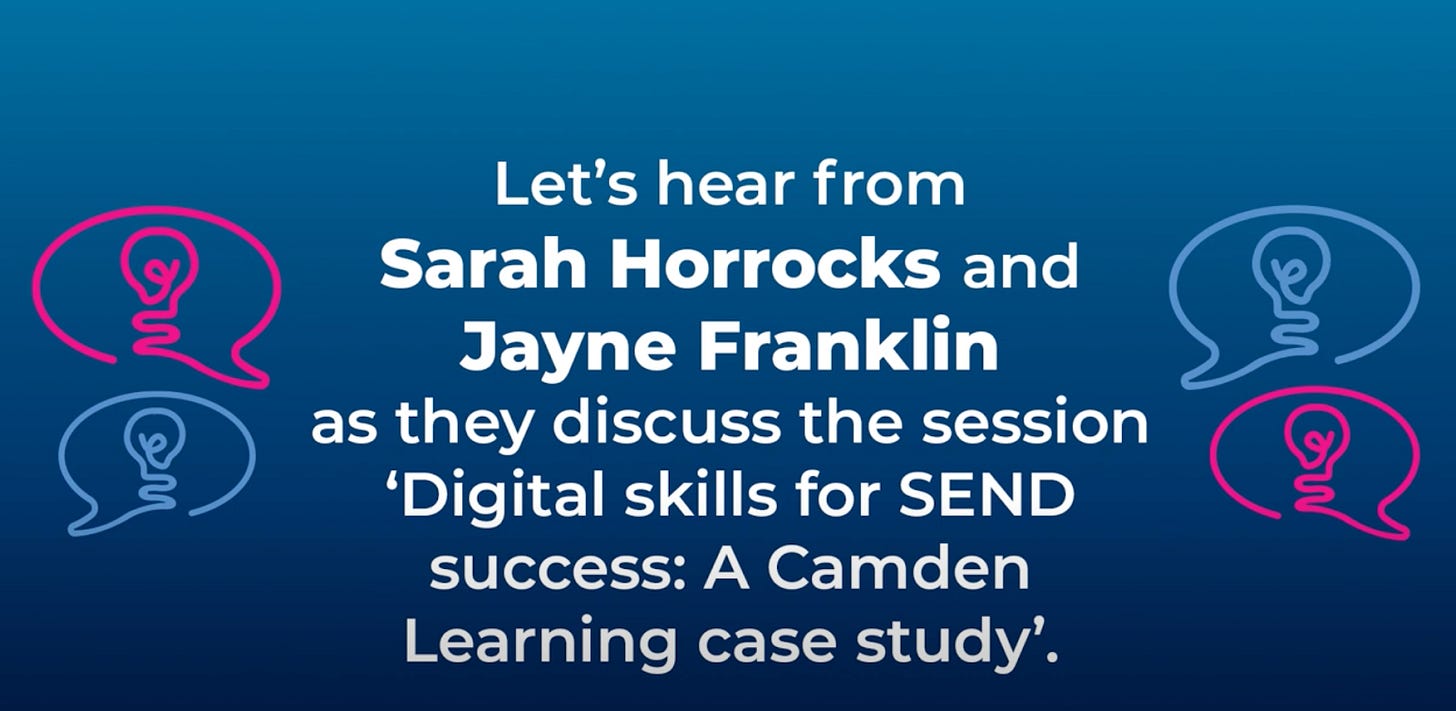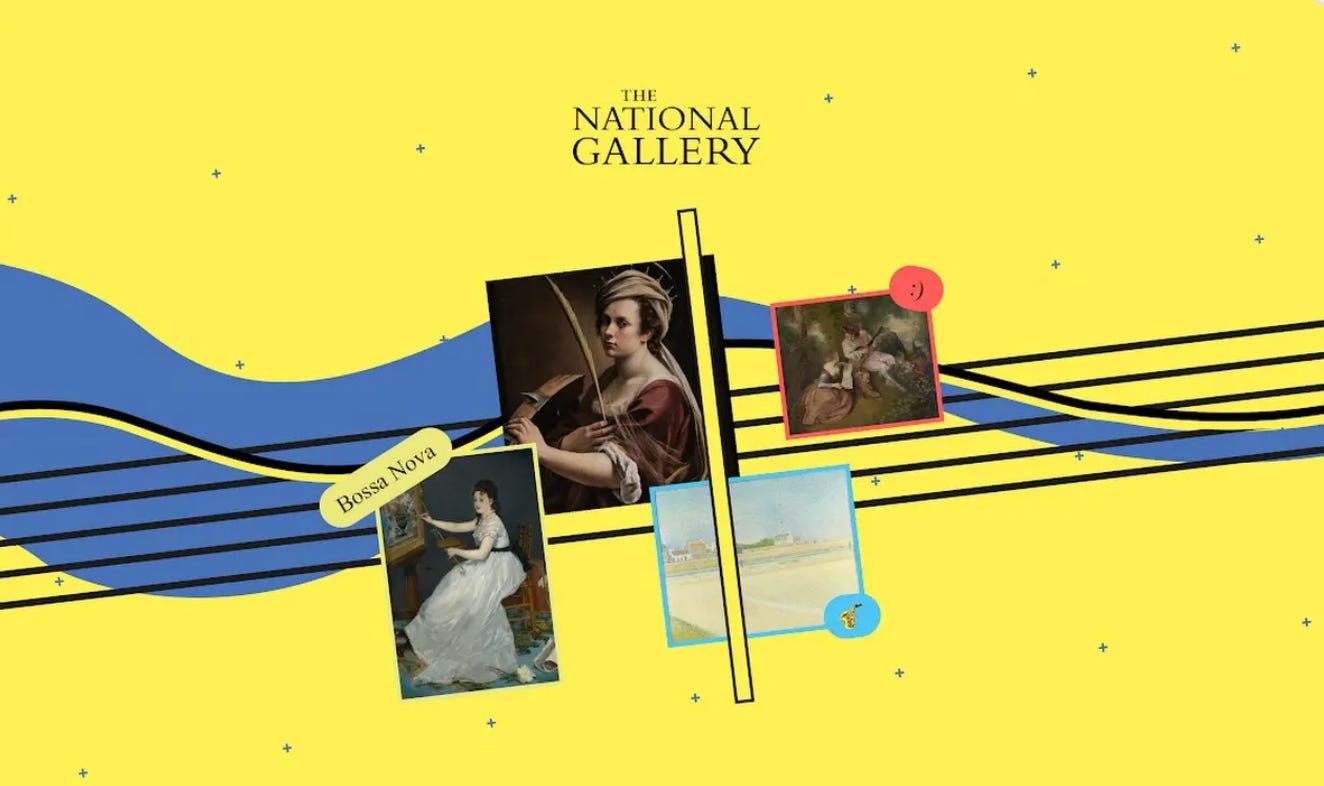Latest digital developments for educators
ChatGPT and lesson planning, slide creating tools, AI literacies, try a National Gallery mixtape (and Blob Opera!) and much more...
What’s happening
It’s oh so nearly the Christmas break so we’re going to skip the intro essay and head straight into the links this week with just a couple of housekeeping points. Firstly, next week will be the last newsletter of the year and we’ll be back for the new term in January. However, we might well post the odd interesting item we come across on our new BlueSky account so please give us a follow and a hello there! We’re @connectedlearning.bsky.social
AI roundup
Chat GPT cuts lesson planning time by a third – EFF study
A trial by the National Foundation for Educational Research, commissioned by the Education Endowment Foundation, investigated teachers’ use of ChatGPT during lesson and resource planning and the impact on their workload. The study suggests that teachers who use ChatGPT alongside a guide to using it effectively can reduce lesson planning time by 31% but caution should be exercised in terms of lesson planning quality. Meanwhile DfE has commissioned Ofsted to examine how schools use AI to 'support teaching and learning' and manage admin.
32 AI tools
Mark Anderson has produced a handy interactive infographic of 32 tools to support your teaching and their learning, with explanations on what each of the tools are and how they help.
Goodbye PowerPoint?
And here’s some more AI tools, this time for creating slides, shared by Shushant Lakhyani. It includes Gamma, Slides AI, Tome, Autoslide, MagicSlides, DesignerBot, MotionIt AI, Sendsteps AI, Storyd and Pitch Bob.
Byebye Bard, hello Gemini
Google has launched Gemini 2.0, its “new AI model for the agentic age” and is sunsetting Bard. Gemini will be baked into Google tools such as Gmail and docs, says MIT Tech Review, but the app will not be available in the UK or Europe yet.
When (not) to use AI
We always like a good Ethan Mollick post and here he examines the kinds of activities AI supports well (work where you are an expert, work where you need a specific perspective) and when not to use AI (when the effort is the point, when you need to learn and synthesise new ideas or information).
“Knowing when to use AI turns out to be a form of wisdom, not just technical knowledge,” he says.
Sora soars (but not here)
This one’s more of a heads up as it’s not yet available in the UK or EU, but OpenAI has released its video generation model Sora to the US public and MIT Technology Review explains what you need to know and how to use the video model.
What is AI literacy?
Doug Belshaw and the We Are Open Coop take a contextual, plural approach to AI literacies in this neat representation of the different dimensions of AI literacies, based on Doug’s Eight Elements of Digital Literacies.
AI for CS
Every computer science student needs AI experiences, according to a new brief from Teach AI, which argues that:
“Integrating essential AI experiences into foundational CS education does more than promote a conceptual understanding of AI and nurture new technical skills; it also fosters critical thinking around the technology's ethical and societal implications.”
Quick links
Join us at BETT 2025: check out the video giving a sneak preview from some of the speakers heading to Bett 2025 and the insights and practical takeaways you’ll gain from their session. Here’s Sarah and Jayne Franklin talking about the Digital skills for SEND success session
Schools can register now for the GCHQ Christmas puzzle and the BBC explains what it’s all about
The LSE’s Parenting for a Digital Future blog takes a look at parenting neurodiverse children in the digital world and the benefits digital engagement can bring, as well as highlighting potential harms
The More Than Robots newsletter from Cliff Manning is always thought- provoking and filled with interesting links. Check out his latest edition, which is full of articles and reports about children and young people’s experience of digital
The next Be Internet Legends assembly – interactive virtual events teaching children to be safer, more confident online explorers – is on AI and is on Tuesday 28 January 2025. Schools can sign up here
London Grid for Learning’s Christmas Stocking fillers offer a range of festive digital resources and activities
We’re reading, listening…
2024 has arguably been the year that concerns around smartphones for children hit a high point and now there’s a timely Channel 4 series, Swiped: The School That Banned Smartphones. The Guardian review suggests it may be an interesting watch:
"Perhaps, one boy suggests heartbreakingly, future generations could enjoy smartphone-free childhoods. That would involve a load of algorithm-addled adults getting their acts together – AKA coordination between parents, schools, tech companies and the government, which at this stage seems a borderline mythical prospect."
And, relatedly, on the Education Technology Society podcast, Dr Clare Southerton talks to Neil Selwyn about the Australian government ban on young people under 16 using social media and highlights the lack of involvement of young people in the decision.
Give it a try
What music does a painting make?
Find out by creating a National Gallery mixtape in the latest Google Arts and Culture experiment (h/t Chris Unitt). Which means that Michelle will once again leap on the opportunity to share the best ever Google Arts and Culture experiment: the inimitable Blob Opera - go on, give it a go…
Connected Learning is by Sarah Horrocks and Michelle Pauli





